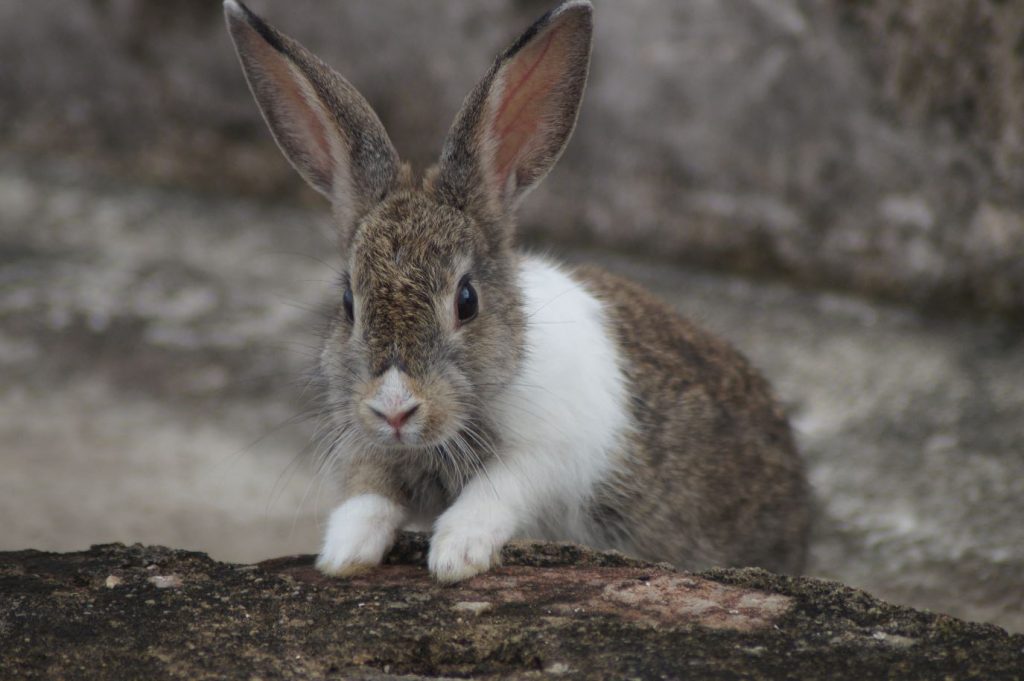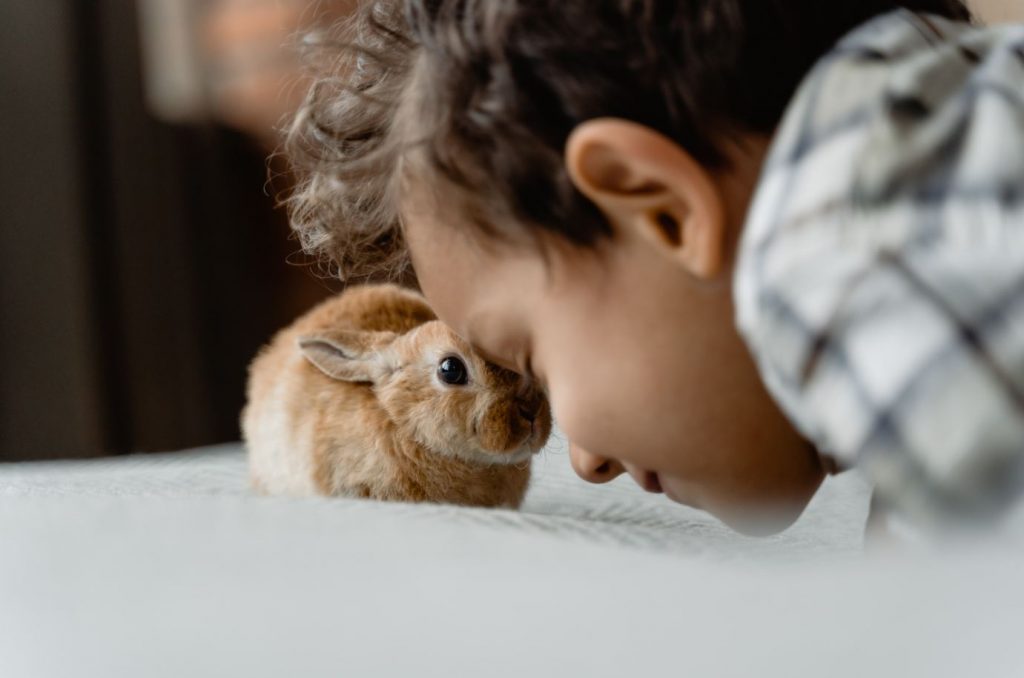Protect your rabbit with vaccination
We strongly recommend vaccinating all pet rabbits. In Australia, viruses are released to control the wild rabbit population. There are two viruses that are released to control wild rabbits, Calicivirus (also known as Rabbit Haemorrhagic Disease Virus or RHDV) and Myxomytosis.
Pet rabbits can be vaccinated for some strains of calicivirus. New strains of the virus being released and whilst the vaccination cannot provide 100% protection, it certainly reduces the risk of your beloved bunny falling victim to this awful disease.Ongoing vaccination boosters are required, please keep up to date and if you’re unsure of your pet’s vaccination status, give your local Greencross Vets clinic a call. You can learn more about protecting your rabbit below.
Keeping rabbits as pets
Rabbits make great pets for families and children, they do have particular dietary and housing requirements however and once these are met, they are generally quite easy to take care of. As with all pets, we recommend rabbits are desexed and have a vet check twice per year. It’s very important that pet rabbits are vaccinated against calicivirus.
There is a vast population of wild rabbits in Australia. This is one of the reasons they are illegal to keep as pets in Queensland. The term “breed like rabbits” is based on truth as populations quickly become out of control once released into the wild. Wild rabbits not only cause major damage to the environment such as soil erosion leading to invasion of weeds and extinction of native plants, they also compete with native animals. Diseases such as Myxomatosis and Calicivirus have been introduced into Australia to help control wild rabbit populations.

What can I do to protect my pet rabbit?
Even if your bunny is vaccinated against Calicivirus, pet rabbits are still vulnerable to other highly infectious diseases like Myxomytosis, for which there is no vaccine available in Australia. We recommend the following to help keep your rabbit safe:
– Keep your pet indoors, rabbits can be housetrained and make great indoor pets.
– If outdoors, cover their hutch or enclosure with mosquito netting or mesh.
– Reduce their exposure to biting insects, avoid taking them outside at dawn/dusk.
– The viruses can be transferred on shoes and clothing. Take care if walking in areas where the virus has been released
– Don’t feed your bunny grass clippings that may have been in contact with wild rabbits.
– Use good hygiene practices including hand washing and keep their hutch clean
– Be careful when introducing a new rabbit to your hutch
– There are certain vet products that are safe to use on your rabbit to provide additional protection against biting insects, speak with our vet team for more information.

What is myxomatosis?
Myxomatosis is a virus that affects rabbits and is often fatal, causing immunosuppression and appearance of pseudotumours (myxomas) on the skin. The classic appearance also includes swollen eyes. The virus is spread generally by mosquitoes and fleas. There is no vaccination available in Australia to protect against Myxomatosis. The reason for this is the concern that immunity to Myxomatosis could transfer to wild populations and be devastating to the environment along with economic losses.
The only protection available at this time from Myxomatosis is preventing insect bites to rabbits by using mosquito-proof hutches, avoid having them out of the hutch at dawn and dusk when mosquitoes are most active, keeping them indoors is even safer.
Speak to your local Greencross Vets team about safe products to use for flea control in your rabbit.
What is calicivirus?
Calicivirus, also known as Rabbit Haemorrhagic Disease Virus can cause lethargy, inappetence and, fevers. This can progress to anaemia and seizures, being fatal for rabbits.
Vaccinate your rabbit for calicivirus
While it’s fortunate there is a vaccination available in Australia, the effectiveness of this vaccine has been decreasing. There is also a new strain of the Calicivirus that has emerged in Australia in recent years and the vaccine may only provide partial protection against this strain. We still recommend vaccinating your pet rabbit to give them some level of protection.
Check with your local Greencross Vet for specific advice on the best protection for your bunny.

 Greencross Vets
Greencross Vets 

